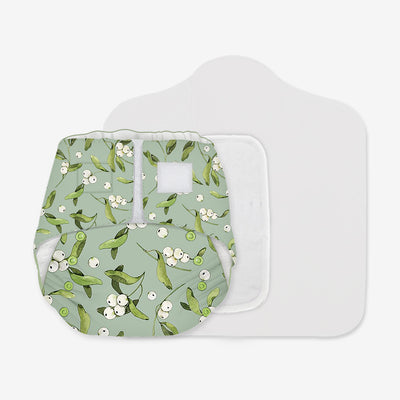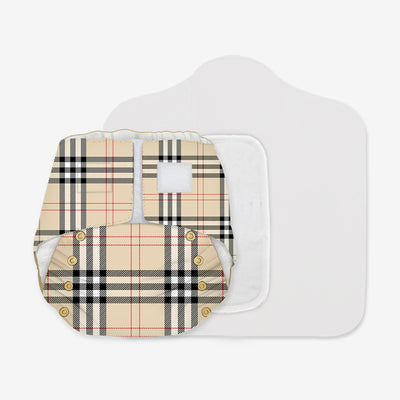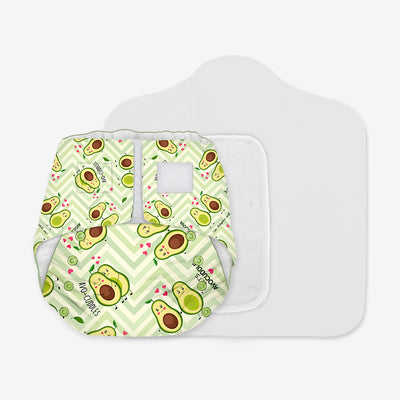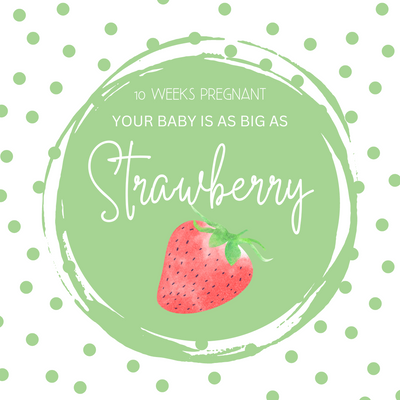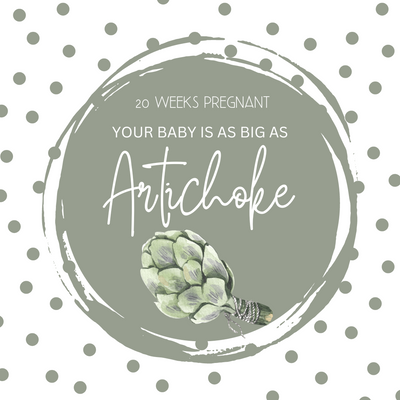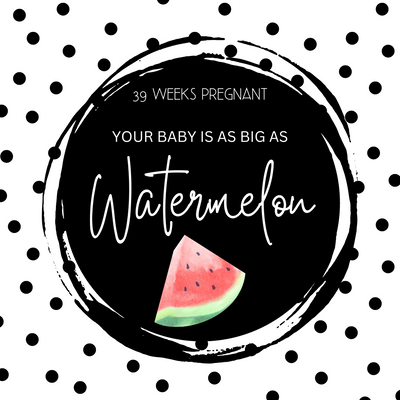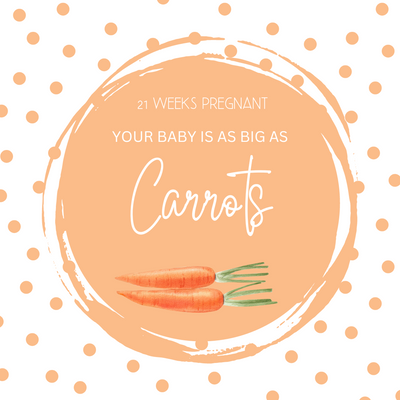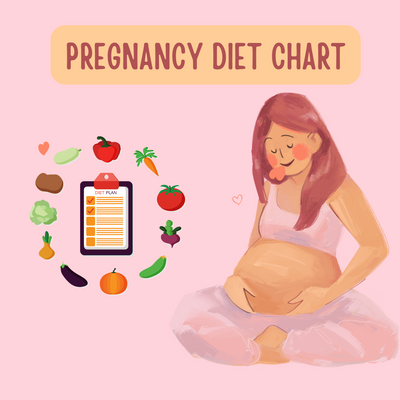31 Weeks Pregnant-baby's growth, symptoms, and essential tips

Congratulations! You've reached the exciting milestone of being 31 weeks pregnant. As your due date draws closer, it's important to stay informed about the changes happening to both you and your baby. In this blog, we will explore the various aspects of being 31 weeks pregnant, including the duration of this stage, common symptoms, your baby's development, bodily changes, and essential considerations.
How Many Months Is 31 Weeks Pregnant?
At 31 weeks pregnant, you are in your eighth month of pregnancy. Typically, pregnancy is considered to last for nine months or 40 weeks. So, with only nine weeks to go, you're well on your way to meeting your little one.
31 Weeks Pregnant: Your Symptoms:
Increased fatigue: As your baby continues to grow, you may experience more fatigue and find it necessary to rest and sleep more often.
Frequent urination: Pressure from the growing uterus can lead to increased trips to the bathroom.
Shortness of breath: Your expanding uterus may put pressure on your diaphragm, causing you to feel breathless more easily.
Braxton Hicks contractions: You might start experiencing mild, irregular contractions, which are known as Braxton Hicks contractions. They prepare your body for labor.
Backaches and pelvic pain: Your shifting center of gravity and the extra weight may cause discomfort in your back and pelvic area.
31 Weeks Pregnant: Your Baby's Development:
At this stage, your baby is approximately 16 inches long and weighs around 3.3 pounds. Here are some key developments:
Rapid brain growth: Your baby's brain is developing rapidly, with billions of neurons being added each week.
Lung development: The lungs are nearly fully developed, as the tiny air sacs, called alveoli, are forming.
Increasing fat layers: Your baby is gaining more fat, which helps regulate body temperature and provide energy after birth.
Stronger sucking reflex: Your little one is practicing sucking and swallowing, essential skills for feeding after birth.
Opening and closing eyes: Your baby's eyes can now open and close, responding to light changes outside the womb.
How Does the Belly Change at 31 Weeks Pregnant?
By 31 weeks, your belly has grown significantly. As your baby grows, your uterus expands to accommodate the increasing size. You might notice your belly becoming more rounded and protruding further forward. It's common to experience stretch marks and an itchy sensation as the skin stretches. Remember to moisturize regularly to help keep your skin hydrated.
What Can You Expect Your Body to Look Like at 31 Weeks Pregnant?
Your body undergoes various changes during pregnancy. By week 31, you might experience the following
Weight gain: On average, pregnant women gain 25 to 35 pounds during pregnancy. However, every woman is unique, so consult with your healthcare provider regarding your specific weight gain goals.
Swelling: You might notice swelling in your feet, ankles, and hands due to fluid retention. Elevating your legs, avoiding standing for prolonged periods, and drinking plenty of water can help alleviate swelling.
Linea nigra: A dark line might appear on your belly, extending vertically from your navel downwards. Don't worry; it's a normal occurrence and will fade after delivery.
Enlarged breasts: Your breasts might continue to grow as they prepare for breastfeeding. Invest in supportive bras to provide comfort and relief.
31 Weeks Pregnant: Things to Consider:
Prenatal care: Continue attending regular prenatal check-ups to monitor your baby's growth and ensure your overall health.
Childbirth education: Consider enrolling in childbirth education classes to prepare yourself for labor, delivery, and postpartum care.
Baby preparations: Start preparing your baby essentials, such as a crib, clothes, and diapers. Take the time to create a birth plan that reflects your preferences and discuss it with your healthcare provider.
Healthy lifestyle: Focus on maintaining a nutritious diet, staying hydrated, and engaging in moderate exercise, as recommended by your healthcare provider.
Emotional well-being: Pregnancy hormones can sometimes lead to mood swings. Reach out to your support system, attend prenatal yoga or meditation classes, and prioritize self-care to support your emotional well-being.
Reaching 31 weeks of pregnancy is a significant milestone. As you prepare to welcome your baby into the world, it's essential to stay informed about the changes happening to your body and the development of your baby. By understanding the symptoms, baby's growth, bodily changes, and considering important factors, you can navigate this stage with confidence. Enjoy this exciting journey towards motherhood!




